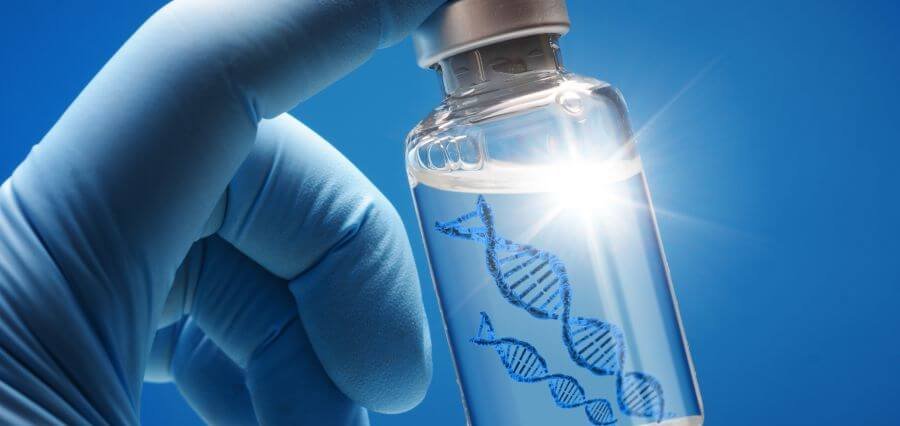With experts hailing its “game-changing” potential to permanently cure cancer, doctors have started testing the world’s first customized mRNA cancer vaccine for melanoma in hundreds of patients. Melanoma is the most common type of skin cancer worldwide, killing over 132,000 individuals annually. Nowadays, surgery is the primary course of treatment; however, chemotherapy, medications, and radiotherapy are also occasionally used.
To prevent the disease from returning, doctors are currently trying novel injections that are customized specifically for each patient and instruct their body to find cancer cells. According to phase 2 research, vaccinations significantly decreased the chance of melanoma patients’ cancer returning. University College London Hospitals NHS Foundation Trust (UCLH) is leading the last phase 3 experiment.
The trial’s national coordinating investigator, Dr. Heather Shaw, stated that the vaccines are being investigated for lung, bladder, and kidney cancers in addition to melanoma and may even be able to cure patients with the disease.
“This is one of the most exciting things we’ve seen in a really long time,” said Shaw. “This is a really finely honed tool. To be able to sit there and say to your patients that you’re offering them something that’s effectively like the Fat Duck at Bray versus McDonald’s—it’s that level of cordon bleu that’s coming to them; the patients are really excited about them.”
The vaccination is a customized form of neoantigen treatment. Its purpose is to activate the immune system, enabling it to combat the particular disease and tumour that the patient is experiencing. The vaccine, called mRNA-4157 (V940), targets tumour neoantigens that are expressed by a specific patient’s tumour. These are indicators of the tumour that the immune system might be able to identify.
Based on the distinct mutations in each patient’s cancer, the jab triggers an anti-cancer immune response and contains code for up to 34 neoantigens. During the patient’s operation, a sample of the tumour is removed, and artificial intelligence and DNA sequencing are used to personalize it. The end product is a specially designed anti-cancer injection unique to the patient’s tumour.
Read More: Click Here




